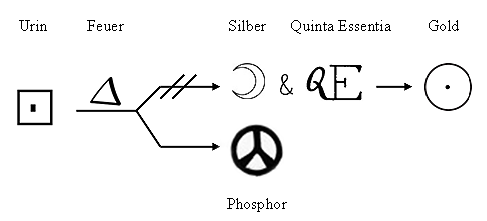About the HSFS
The HAMBURG SCHOOL OF FOOD SCIENCE - Institute of Food Chemistry (HSFS) emerged from the Institute of Food Chemistry on July 5, 2011 as part of a reform process. The aim of HSFS is to provide the basis for excellent education and research in the field of food science and related areas. Important issues here are the holistic view of food safety along the entire production and distribution chain (from farm to fork), including economic aspects. In addition, research on nutritional effects and their evaluation plays an overriding role. Translation and transfer of scientific findings is also seen as a central social responsibility.
The HSFS is supported by four central pillars and is characterized by a strongly interdisciplinary approach both in the education of students and in the work on the above-mentioned topics:
1. research & teaching - Competence bundling in the field of food sciences at the University of Hamburg through business and science related research as well as educational strategies. By COMPETENCE IN FOOD we mean a holistic approach to global issues along the entire production and distribution chain, which is naturally transferred from research to teaching.
2. innovation - interdisciplinary transfer of strategies and approaches from food analysis as a scientific nucleus for the analysis of organic as well as inorganic materials. FROM FOOD TO MATERIALS addresses a number of questions mainly focused on the authenticity of materials (chemical and biological identity) as well as on the natural and anthropogenic changes (e.g. aging, treatment). For example, such questions are important in the evaluation of consumer goods or, more generally, in the evaluation of materials from the daily environment.
3. cooperation - The HSFS is committed to scientific exchange and international scientific cooperation. From this, it expects to broaden scientific horizons and holistically address global issues, incorporating the triad of Food Safety, Food Fraud and Food Security along the entire production and distribution chain.
4. society - scientifically based live long learning in the field of food/nutrition/health. Aware of its responsibility as part of society, the HSFS sees itself as a mediator and communicator between science, industry and consumers. Under the motto translating science, the FOOD & HEALTH ACADEMY presents nutrition-related topics in detail by recognized experts and in a comprehensible manner in public lectures, with particular emphasis on a controversial view of the topics.
In addition to food chemistry issues, food microbiology is another focal point. Mechanisms of inactivation of bacterial spoilage agents and pathogens in foodstuffs will be investigated, as well as the general importance of crops as secondary hosts for human pathogens and plant foods as vectors of bacterial infections and intoxications. Another focus is on the characterization of fermentation organisms and targeted selection of starter cultures.
An overarching area at HSFS is data processing. The area of chemometrics/bioinformatics deals with the development of methods for the classification of food chemical and biochemical data sets. This means that relevant variables are selected and their interactions are analyzed to capture the properties of the sample in as much detail as possible. In addition, prior knowledge is incorporated to improve classification performance and test directly for specific sample characteristics.


